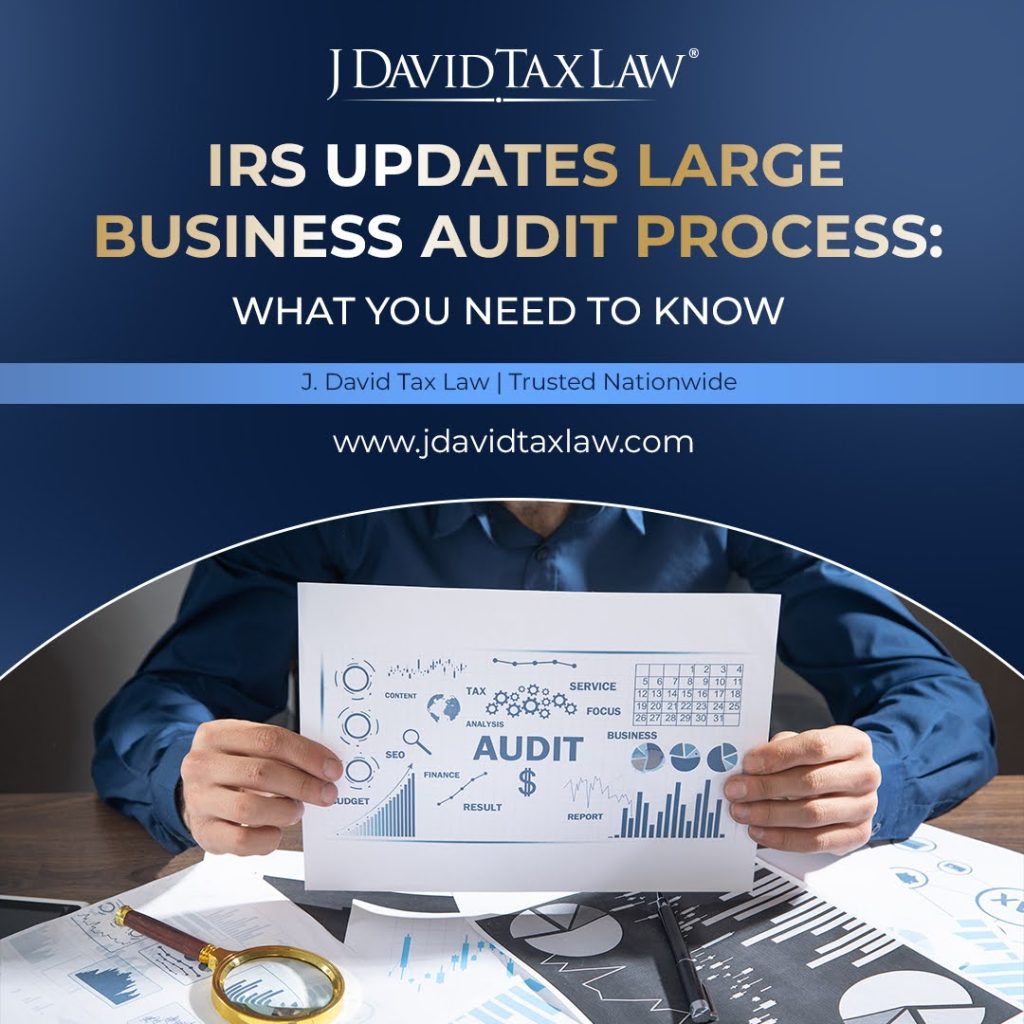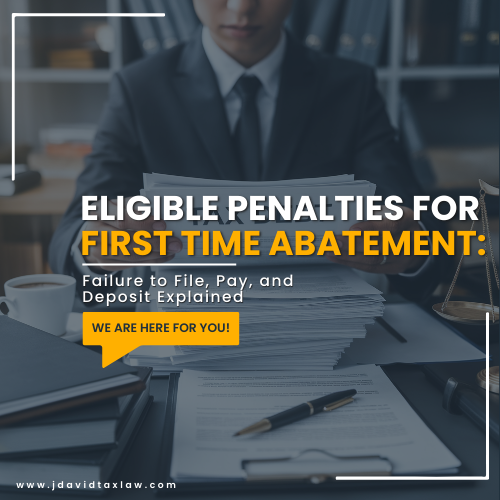Imagine the fear and uncertainty of losing a home due to unpaid tax debt. Scary, right? But this is a reality many face when delinquent tax debts are ignored.
Tax debt can have severe consequences for homeowners. If not addressed promptly, owing money to tax authorities could even lead to losing their home. It is crucial for individuals with outstanding tax debt, such as unpaid taxes or federal tax debt, to understand their options and take swift action to manage their financial situation.
How Tax Debt Can Lead to Losing Your Home
Many homeowners do not realize the connection between tax debt and losing their homes. Unpaid taxes can lead to tax liens and eventually foreclosure, resulting in the forced sale of the property. Understanding this link is crucial to preventing such devastating outcomes.
The Government Can Place a Tax Lien on Your Property
A tax lien is a legal claim against the property of an individual or business that fails to pay tax debts. This mechanism ensures that the government has a legal right to claim assets if taxes remain unpaid. Federal tax liens are similar but apply specifically to unpaid federal taxes.
How do Tax Liens Work?
A tax lien affects the property owner’s ability to sell or refinance their property. When a person fails to pay their taxes, the tax authority, such as the IRS for federal tax debt, can place a lien on all current and future assets, including real estate. This lien does not mean immediate property seizure but places creditors and future buyers on notice that the government has a legal right to proceeds from the property sale before other creditors.
What’s The Process of Placing a Lien on a Property?
The process begins when the IRS sends a notice of your tax debt and demands payment. If the debt remains unpaid, the IRS will issue a Notice of Federal Tax Lien. This document is filed with local or state authorities and publicly declares the government’s legal right to your property. This step is crucial because it secures the government’s interest in your assets, making it difficult to sell or refinance the property without clearing the tax debt.
Foreclosure Due to Unpaid Tax Debt
When tax debts go unpaid, one of the most severe consequences can be foreclosure. This process involves the forced sale of property by the government to recover unpaid taxes. Understanding the steps and roles of tax authorities in this process is crucial for homeowners.
What Are the Steps Leading to Foreclosure?
The steps leading to foreclosure begin when tax debt remains unpaid despite previous warnings and liens. If the outstanding tax debt, including any penalties or interest from delinquent debts, continues to go unsettled, the tax authority may escalate the matter.
The typical sequence starts with the placement of a tax lien and moves towards enforcement actions if the debtor fails to arrange payment plans or settle the debt. After a specific period of time, determined by local or federal laws, tax authorities can initiate foreclosure proceedings to recover the owed taxes.
What is the Role of the IRS and Other Tax Authorities in Foreclosing Properties?
The IRS and other tax authorities play a pivotal role in the foreclosure process for unpaid taxes. Their actions are governed by legal statutes that allow them to seize and sell property, including the taxpayer’s principal residence.
The IRS, for instance, will issue a final notice of intent to levy and a notice of your right to a hearing. If these notices do not prompt the taxpayer to pay or make arrangements to settle the tax debt, the IRS can proceed with the foreclosure.
Foreclosure is a last resort and typically follows attempts to resolve the debt through less severe means, such as installment agreement options or negotiations for reduced payments.
Payment Options for Managing Tax Debt
Effectively managing tax debt is crucial to prevent severe consequences like liens or foreclosure. Tax authorities offer various payment options and programs to help taxpayers in distress meet their obligations in a manageable way.
Payment Plans and Installment Agreement Options
Taxpayers can negotiate payment plans with tax authorities, allowing them to pay off their tax debts in more manageable installments. These options include:
Short-term Payment Plan: This plan is suitable for those who can pay their outstanding tax debt in 120 days or less. It typically involves larger monthly payments but allows for quicker debt resolution without significant penalties.
Long-term Payment Plan: Designed for taxpayers needing more than 120 days to clear their debts, this plan involves smaller, more manageable monthly payments extended over a longer period of time.
Monthly Payments and Installment Payment Plans: These plans are tailored to the taxpayer’s financial situation, allowing monthly payments that fit their budget. This is particularly helpful for those with substantial tax debts that would be challenging to pay all at once.
Financial Hardship Programs
For taxpayers who find it exceptionally difficult to meet their tax obligations due to financial hardship, tax authorities offer specific programs:
Hardship Programs for Low-Income Taxpayers: These programs provide relief by adjusting payment terms and sometimes reducing the total tax liability based on the taxpayer’s income and ability to pay.
CNC Status (Currently Not Collectible): If a taxpayer’s monthly income is less than their living expenses, they may qualify for CNC status. Under this status, the tax authority temporarily halts collection activities until the taxpayer’s financial situation improves.
Seeking Professional Help
Addressing tax debt effectively often necessitates guidance from tax professionals like tax attorneys or tax debt settlement lawyers. These experts understand tax laws deeply and can negotiate with tax authorities on your behalf. They offer strategies to minimize your tax burden and manage debt, ensuring that all available payment options and tax relief programs are considered.
Firms such as J. David Tax Law specialize in resolving tax debt issues, offering tailored advice and representation. Their expertise can be crucial in preventing severe consequences such as foreclosures from unpaid taxes and in navigating complex payment arrangements like installment agreements.
Conclusion
Managing tax debt is essential for maintaining financial stability and home ownership. Taking proactive measures early can prevent severe outcomes like tax liens and foreclosures.
For those facing tax challenges, it’s essential to act promptly. Contacting J. David Tax Law ensures that necessary steps are taken to resolve tax debts and protect one’s home. Their tax experts are ready to assist in exploring all available options and finding the best tax debt relief programs tailored to individual needs.




















